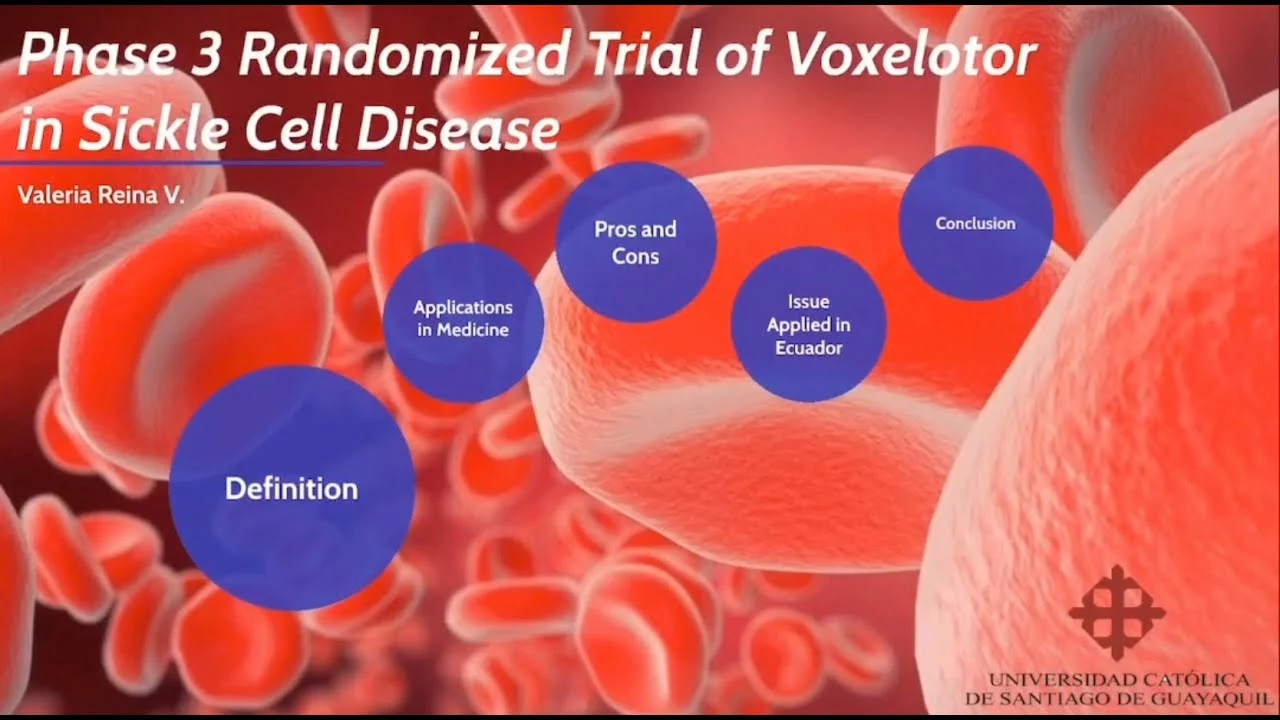Advocacy: Take Charge of Your Medicines, Safety, and Care
Want to get the right medication without guesswork or stress? This tag collects clear, practical advice to help you find trusted pharmacies, weigh alternatives, manage side effects, and speak up for yourself with doctors and insurers. We focus on things you can use today—how to check an online pharmacy, what questions to ask about a new drug, and ways to make treatment affordable and safe.
Quick checks for safe online pharmacies
Before you order, look for a real business address and a phone number you can call. A responsible online pharmacy will list a licensed pharmacist and clear shipping and return policies. Check for certification where applicable (like Verified Internet Pharmacy Practice Sites in the US) and read recent customer reviews. If a price looks too good to be true, it often is—watch for fake or expired products.
Keep these practical steps in mind: compare prices across a few sites, check the pill images and descriptions match the known brand or generic, and never buy prescription meds without a valid prescription unless local law allows it. For international ordering, learn customs rules and delivery times so you don’t run out of essential meds.
How to talk about alternatives and side effects with your doctor
Bring a short list to your appointment: current medicines, any side effects, and what you want to achieve (better control, fewer side effects, lower cost). Ask direct questions: “Is there a safe alternative that costs less?” or “What should I watch for in the first 2 weeks?” If a drug is off-label for your issue, ask why your doctor recommends it and what evidence supports it.
Don’t accept medical jargon as an answer. If something isn’t clear, say so: ask for one-sentence explanations and written instructions. When switching meds, ask about timing, interactions, and whether you need lab checks. If cost is a problem, ask about generics, manufacturer coupons, or patient assistance programs.
For travel or special situations—like arrhythmia or dialysis—plan ahead. Pack extra meds in their original containers, bring a short medical summary, and know how to reach local emergency services. Small actions—carrying a list of allergies, dosing schedule, and your doctor’s contact—make travel safer and reduce anxiety.
Advocacy is mostly everyday choices: checking a pharmacy before you order, keeping a short med list, asking clear questions, and knowing when to seek a second opinion. Use the articles under this tag for specific how-tos—shopping tips, alternatives to common drugs, travel safety for heart conditions, and real-world advice on side effects. These pieces are made to help you act, not confuse you.
If you want a starting point, try an article about online pharmacy safety and one on drug alternatives. Both offer step-by-step actions you can take right now to protect your health and wallet.
The Importance of Advocacy in the Sickle Cell Anemia Community
As a blogger, I cannot stress enough the importance of advocacy in the sickle cell anemia community. Through raising awareness, we can not only educate the public about this genetic disorder but also support those affected by it. Advocacy plays a critical role in influencing policy changes and securing funding for research and treatment. By working together, we can create a more inclusive and understanding society for those living with sickle cell anemia. I am proud to be a part of this movement and will continue to use my platform to make a difference.

